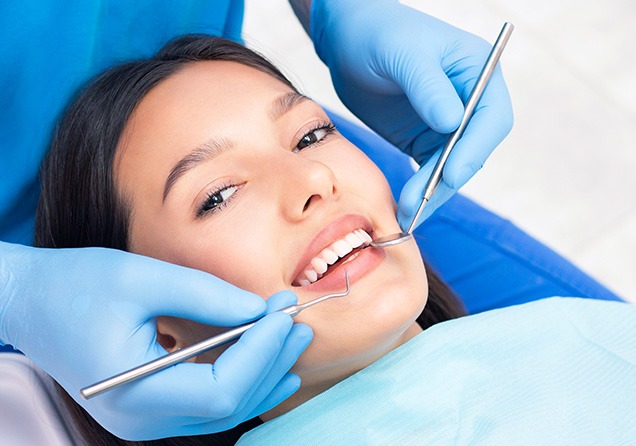At Monterey Dental Centre, our experienced Dental Hygienists strive to exceed your expectations by providing on-time, comfortable dental hygiene appointments. It is also their goal to take the extra time to educate you about your oral health. During your hygiene appointment, we encourage you to ask many questions so we can inform you of your oral health. Our hygiene team prides itself on following up on your questions or any product information requests about how to best care for your family’s dental health.
Dental hygiene is the practice of maintaining good oral health to avoid dental problems like cavities, gum disease, and bad breath. It involves daily habits like brushing and flossing as well as regular visits to a dental professional for cleanings and check-ups. Let’s look at the advantages of dental hygiene, the processes involved, maintenance tips, and why regular appointments with your dental hygienist are so important.



